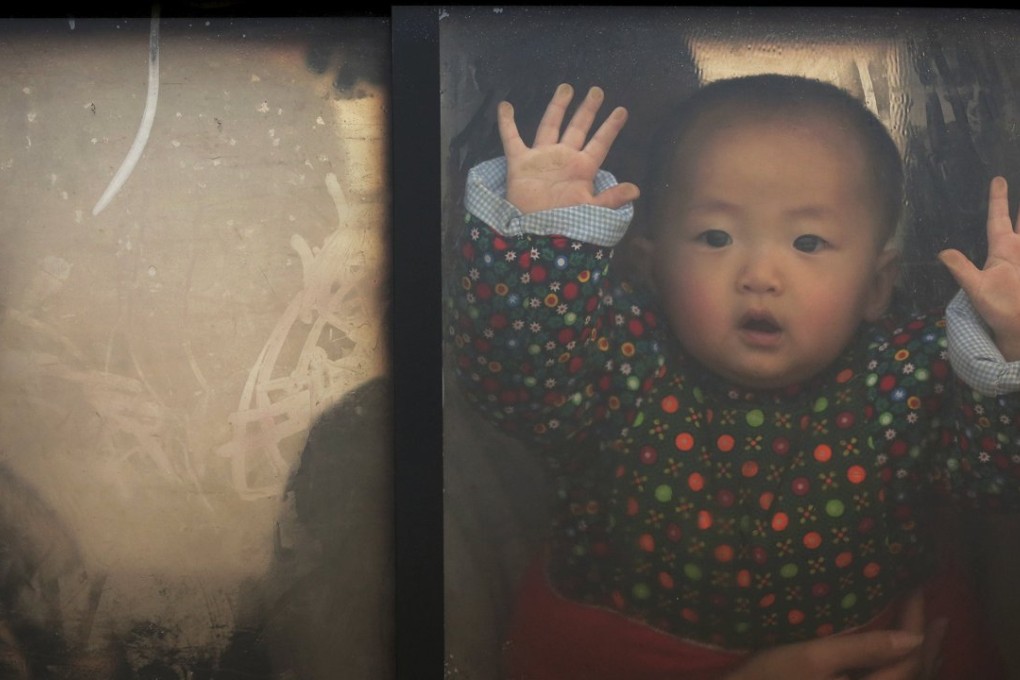New | Beijing tightens oversight over baby formula makers scarred by safety scandals
New regulations are set to be a game changer in the 60 billion yuan infant formula market

Proposed new regulations that will tighten controls on infant formula producers, dubbed as the toughest-ever in the industry, are likely to spark a wave of consolidation in the sector, according to analysts.
Under the rules, which have been released for public comment, infant formula makers will face limits on the number of unique formulations they can sell. Each producer will be allowed to register a maximum of five instant formula brands, with only a single formulation allowed per brand, according to a top official at the China Food and Drug Administration, quoted by the China Business Journal.
In addition, regulators planned to conduct more spot checks on the 176 formula manufacturers in Chinese markets, including 103 domestic producers and 73 foreign firms, he added.
Measures could include eliminating any companies making products whose quality cannot be guaranteed on a long-term basis and ordering a mandatory recall of any substandard products found in random spot-test sampling.
“The so-called toughest baby formula policy is going to lead to a dramatic decrease of brands in the market and a major shuffle of the sector,” said Ma Haobo, an analyst for Soochow Securities. “It signals the start of China’s winding-down of overcapacity in the industry.”
Chinese consumers of baby formula have been overwhelmed by the rise of huge number of brands, in part due to the rise of baby speciality stores from 2008 and a boom in online shopping that began in 2013.